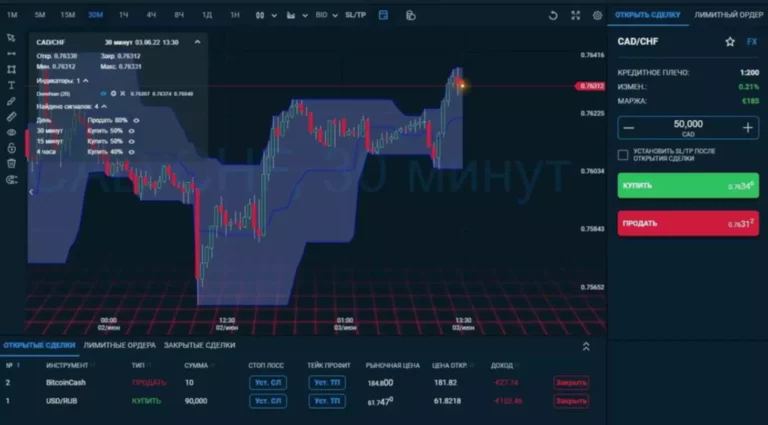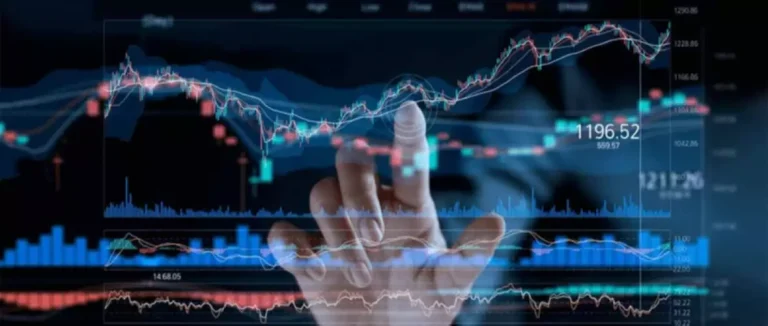Institutional buying and selling includes shopping for and promoting financial instruments in the portfolio of a big financial institution. The goal of institutional buying and selling institutional trading is to handle the establishment’s investments and generate returns for its shoppers or stakeholders. An institutional investor is an entity that makes investments on behalf of another person. They gather insight and analytical knowledge from Institutional Shareholder Services (ISS) providers that assist them make informed shareholder choices. Institutional investor examples include pension funds, mutual funds, insurance corporations, college endowments, and sovereign wealth funds.
How Are You Going To Commerce Like Institutional Traders?
- They usually commerce smaller quantities of capital in comparison with establishments and often use on-line trading platforms to execute their trades.
- They also interact in private placements and initial public offerings (IPOs) which may not be available to most of the people.
- By monitoring their positions and strategies, particular person traders can acquire priceless insights into market trends and potential opportunities.
- Institutional buying and selling is an essential side of the financial market that gives liquidity and facilitates worth discovery.
- The “Reddit effect” exemplifies how retail buying and selling, through on-line forums, can challenge conventional market dynamics.
They often have devoted teams of analysts and traders to repeatedly assess and adapt their danger management methods. The strong purple line is the efficiency of the fund, and the dotted red line is the same fund with 2x leverage. The risk-adjusted return (how to measure risk-adjusted return) is nice because of the low drawdowns. For example, the grey line is the MSCI world index for shares, and shares suffer from “gut-wrenching” drawdowns every now and then (which you averted with the Multi-Strategy). Any wealthy investor is likely happy to diversify some of his funds into Brummer to make a portfolio that is diversified.
What Is Fundamental Analysis In Buying And Selling And How Is It Applied?
The volume enhance additionally doesn’t have to be huge; a one-time quantity spike isn’t adequate. HowToTrade.com takes no duty for loss incurred as a results of the content provided inside our Trading Academy. By signing up as a member you acknowledge that we aren’t offering financial advice and that you’re making the choice on the trades you place in the markets. We haven’t any knowledge of the extent of cash you are trading with or the level of threat you take with each trade. It’s a lens via which to view technical evaluation, adding a layer of institutional consciousness. Institutions possess an arsenal of assets to gain the coveted data edge in today’s information-rich surroundings.
Pros And Cons Of Darkish Pools For Institutional Buyers

These establishments have vast quantities of capital at their disposal, which they use to spend money on a wide range of property including shares, bonds, commodities, and currencies. Hakan Samuelsson and Oddmund Groette are independent full-time merchants and traders who together with their team manage this web site. Institutional traders handle threat via a combination of systematic trading, diversification, and employing risk-adjusted return metrics.
Simons turned a major force in scientific analysis, education and Democratic politics, funding Hilary Clinton’s presidential marketing campaign. Based in Gland, Switzerland, Swissquote is a banking group that provides online monetary providers and trading. FOREX.com is a completely owned subsidiary of StoneX Group, a NASDAQ-listed company primarily based in New York with greater than $6.9 billion in assets. Generally, swing buying and selling is taken into account more accessible for newbies, as it does not require constant attention to the market like day buying and selling or scalping. The three commonest types of buying and selling are day buying and selling, swing trading and scalping.

These investors have vital sources to take a position out there, which makes them influential players. Institutional merchants vs particular person merchants is a subject that has been debated for years. But don’t fret if all this sounds intimidating – our guide is designed particularly with individual buyers in mind.
Being an institution dealer in one of the largest financial banks and investment companies can give you a huge advantage available in the market. And sometimes, it’s not so bad, as evident from the GameStop brief squeeze story in 2021. Nowadays, with the vast amount of information available online, you can get priceless recommendations on popular monetary forums. If you find an interesting comment or suggestion, do your research to back it up and make a smart funding choice. Institutional merchants often monitor commodities and other assets experiencing elevated demand as a outcome of numerous factors, similar to provide shortages or geopolitical occasions.

However, charges for every transaction charged for institutional trading typically are not available to retail traders. Understanding institutional buying and selling is necessary for any investor looking to navigate the complicated world of financial markets. The institutional trader and investor have greater capacities than the retail trader. The latter may be an impediment, though, as a giant capital base makes it tougher to commerce and move dimension.
Such tools include the Bloomberg Terminal, a listing of auctions, and connections to politicians and financial leaders. These books are helpful assets for those who enjoy reading and aspire to turn into successful institutional traders on the identical time. Each guide offers you an informative insight into the concepts which might be integral for the monetary market traders and hence, institutional merchants can also benefit from the same to apply the methods for their clientele. The data from EPAT programme can be helpful in changing into an institutional trader.

EPAT offers a vast data of the contemporary concepts of algorithmic buying and selling and quantitative calculations for increasing the ease and beneficial returns while buying and selling in monetary markets. Institutional buying and selling is practised by a authorized entity that accumulates funds from several different traders to put cash into different financial devices such as stocks, bonds, actual property and so on. In quick, institutional trading is finished by large organizations on behalf of their clients. Institutional traders have entry to a broader vary of financial devices, including stocks, bonds, actual estate, futures, options, international trade, swaps, and different exotic derivatives. They also engage in private placements and initial public choices (IPOs) which may not be available to most of the people. Mastering the art of prediction in the face of market volatility is an important ability for institutional traders.
The institutional merchants have a near-total involvement in phrases of the Initial Public Offers. Retail merchants, particularly these engaged in speculative or short-term buying and selling, can even contribute to volatility, however often in a extra concentrated and shorter-term manner. The rise of social media and buying and selling communities has amplified the potential for retail-driven market occasions, as seen during the GameStop short squeeze. Institutional investors account for about 80% of the quantity of trades on the New York Stock Exchange.
Designated with an I, Y, or Z, these shares don’t incorporate gross sales costs and have smaller expense ratios. They usually commerce with smaller capital and have fewer resources and fewer access to data than institutional merchants. Retail merchants usually use leverage, which permits them to regulate larger positions with a smaller amount of capital. Leverage might increase potential returns, nevertheless it also escalates the publicity to substantial losses. Retail merchants check with particular person traders or small buyers who participate in buying and selling for speculative purposes.
The retail trading volume is on a constant rise, indicating a flourishing interest among people in the funding world. With equal elements alternative and problem, these changes are a testomony to the evolution and resilience of the retail investor. The distinction becomes palpable when exploring the difference between institutional merchants and retail traders.
They are thought of refined buyers who are knowledgeable and, therefore, less prone to make uninformed decision-making and investments. As a end result, institutional buyers are subject to fewer of the protecting rules that the us Securities and Exchange Commission (SEC) provides to your common, everyday individual investor. So, whether you are a retail trader or an institutional dealer, it is important to know the dynamics of institutional buying and selling and the method it impacts the monetary market. Institutional merchants have access to superior expertise and resources that allow them to analyze market tendencies and make knowledgeable investment decisions. Institutional trading is practised by institutions similar to hedge funds, pension funds, and mutual funds, who purchase and promote massive volumes of securities.
Read more about https://www.xcritical.in/ here.
Les dépôts et retraits sont simples dans les casinos en ligne au Sénégal.